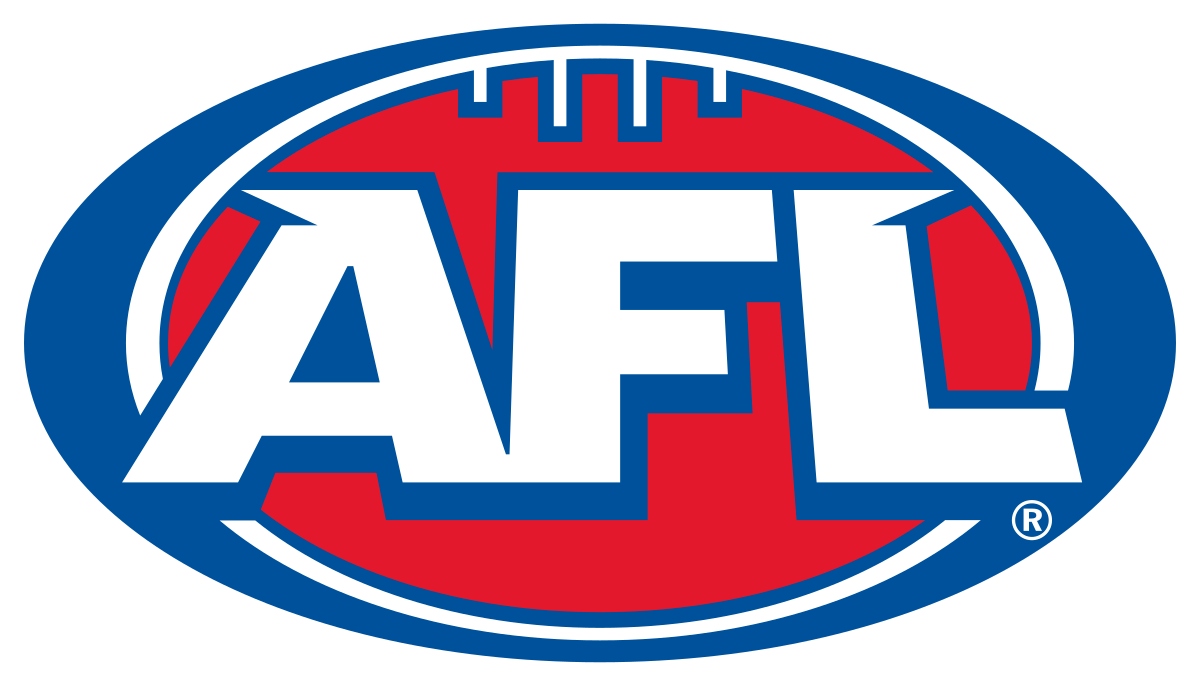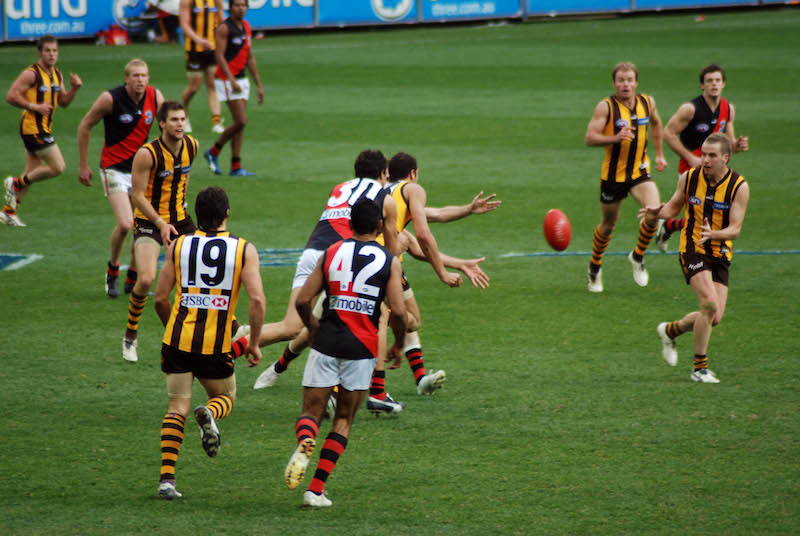The Australian Football League (AFL) is one of the most popular sports in Australia. It’s a game that unites people from all walks of life and backgrounds, making it a perfect platform to celebrate cultural diversity. The AFL has a long history of promoting and embracing multiculturalism, and it continues to do so today.
One of the ways the AFL celebrates cultural diversity is through the annual Dreamtime at the ‘G match. This game is played between two of the AFL’s most iconic teams, Richmond and Essendon, and is held at the Melbourne Cricket Ground (MCG). The match is dedicated to celebrating the culture and contributions of Indigenous Australians to the game of AFL. This year’s AFL Dreamtime Game is set to be one of the best yet!
The Dreamtime at the ‘G match has become one of the most highly anticipated games of the AFL season. It’s not just about the game itself, but the cultural significance of the event. The pre-game and half-time entertainment features Indigenous performers and cultural displays, showcasing the rich history and traditions of Indigenous Australians.

The AFL has also established the Sir Doug Nicholls Round, which is dedicated to celebrating the contributions of Indigenous players to the game of AFL. The round is named after Sir Doug Nicholls, a highly respected Indigenous leader and footballer who played for Fitzroy and Carlton in the 1930s and 1940s. During this round, players wear specially designed Indigenous guernseys, which feature unique artwork that reflects the players’ cultural heritage.
The AFL’s commitment to celebrating cultural diversity is not just limited to Indigenous Australians. The league also recognizes and celebrates the contributions of players from diverse cultural backgrounds. The Multicultural Round is dedicated to recognizing the diversity of the AFL community and the contributions made by players from culturally diverse backgrounds.
The AFL also has a multicultural program called ‘Multicultural Schools Program’ which aims to introduce Australian Rules football to new communities across Australia. The program provides resources and training for teachers and coaches to help them deliver Australian Rules football programs to students from diverse cultural backgrounds.
The AFL’s commitment to cultural diversity extends beyond just the game itself. The league also actively promotes diversity and inclusion in its workforce. The AFL has a Reconciliation Action Plan, which outlines the league’s commitment to improving relationships between Indigenous and non-Indigenous Australians. The plan includes initiatives such as increasing the number of Indigenous Australians employed by the AFL and its clubs, and working with Indigenous communities to promote the game of AFL.
In addition to the Reconciliation Action Plan, the AFL also has a Diversity Action Plan. The plan outlines the league’s commitment to promoting diversity and inclusion across all areas of the game, including player recruitment, fan engagement, and community programs. The Diversity Action Plan includes initiatives such as increasing the number of women in leadership positions within the AFL and its clubs, and working to address issues of discrimination and racism within the game.
The AFL’s commitment to cultural diversity has not gone unnoticed. In 2020, the league was awarded the Australian Human Rights Commission’s ‘Racism. It Stops with Me’ Award for its efforts to promote diversity and inclusion in the game of AFL. The award recognized the AFL’s work in promoting positive cultural change, reducing racism and discrimination, and creating a more inclusive sporting environment for all Australians.
The AFL’s commitment to celebrating cultural diversity is a shining example of how sport can bring people together and promote positive cultural change. The Dreamtime at the ‘G match, the Sir Doug Nicholls Round, and the Multicultural Round are just a few examples of the AFL’s efforts to recognize and celebrate the contributions of Indigenous Australians and players from diverse cultural backgrounds. The league’s commitment to promoting diversity and inclusion across all areas of the game is a testament to its belief that football is a sport for everyone, regardless of their background or cultural heritage.







